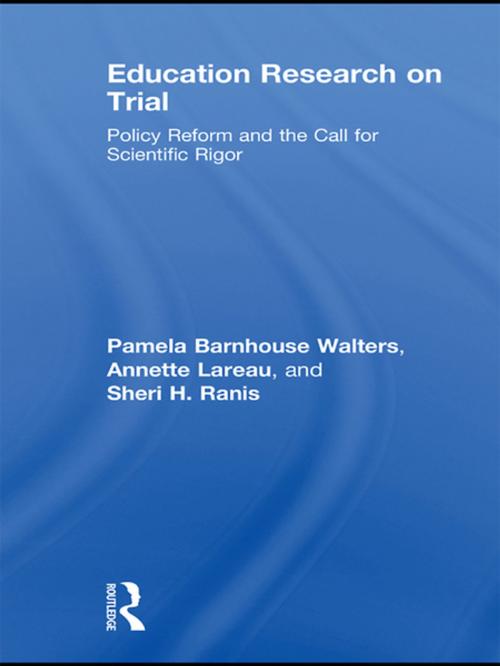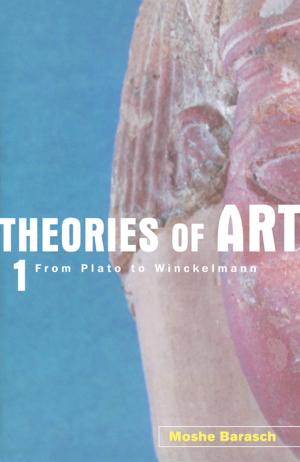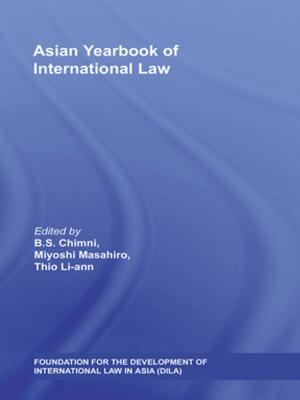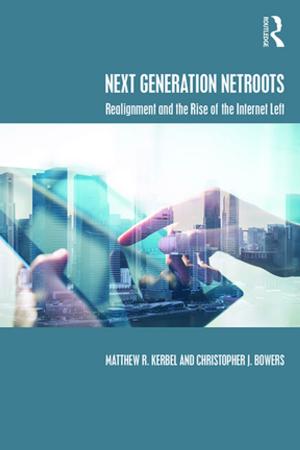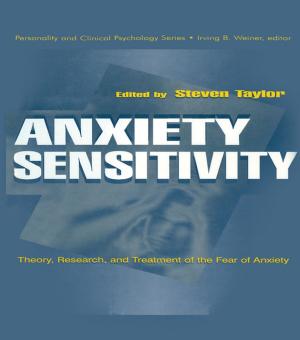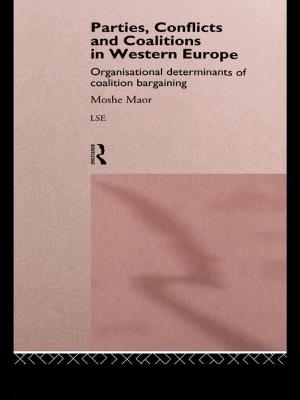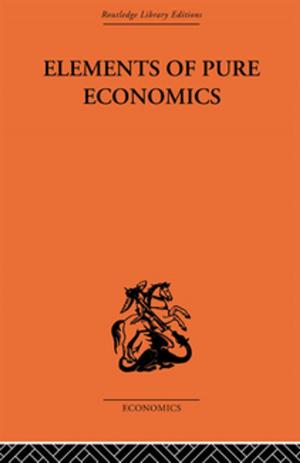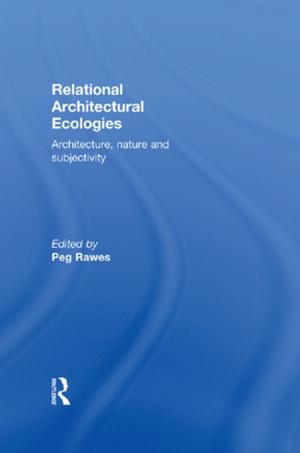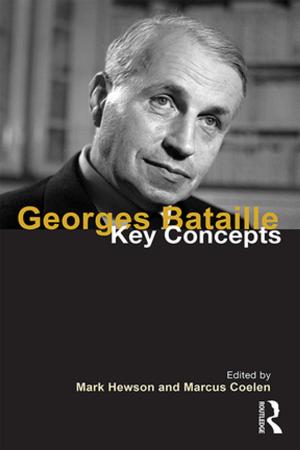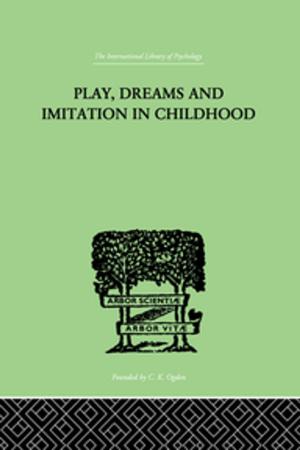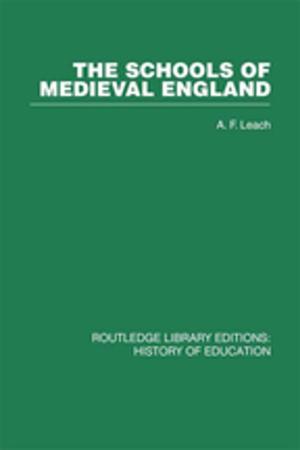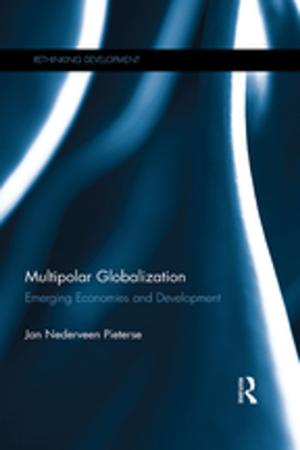Education Research On Trial
Policy Reform and the Call for Scientific Rigor
Nonfiction, Social & Cultural Studies, Social Science, Methodology, Reference & Language, Education & Teaching| Author: | ISBN: | 9781135856533 | |
| Publisher: | Taylor and Francis | Publication: | January 13, 2009 |
| Imprint: | Routledge | Language: | English |
| Author: | |
| ISBN: | 9781135856533 |
| Publisher: | Taylor and Francis |
| Publication: | January 13, 2009 |
| Imprint: | Routledge |
| Language: | English |
Read the author's commentary for the Teachers College Record here: http://www.tcrecord.org/Content.asp?ContentID=15915
It is not an exaggeration to say that the field of education has been under attack. Many, particularly in Washington, D.C., have proclaimed the research to be shoddy. They have called for new "scientific" standards for research. Randomized control trials have been promoted. In many of these discussions, the only criterion is making a more rational and scientific approach to education research. Since the federal government plays a leadership role in defining the terms of education debates, this critique is important. It stands to radically reshape research and possibly school priorities in the future.
The essays in this book take up this important topic. They offer critical insight into how this debate came to flourish. Some of the authors take issue with core assertions of the debate; other are sympathetic. Taken together, they help to broaden and deepen our understanding of the efforts to revamp the field of education research and, ultimately education. The chapters also discuss the factors that facilitate, and impede, research from having an impact on policy.
Teaching and Learning Goals Include:
-- helps illuminate the relationship between education research and policy
--critically examines key assumptions of federal legislation particularly the call for scientific rigor in the No Child Left Behind Legislation
--helps students understand the broader intellectual context of this crisis in education
Read the author's commentary for the Teachers College Record here: http://www.tcrecord.org/Content.asp?ContentID=15915
It is not an exaggeration to say that the field of education has been under attack. Many, particularly in Washington, D.C., have proclaimed the research to be shoddy. They have called for new "scientific" standards for research. Randomized control trials have been promoted. In many of these discussions, the only criterion is making a more rational and scientific approach to education research. Since the federal government plays a leadership role in defining the terms of education debates, this critique is important. It stands to radically reshape research and possibly school priorities in the future.
The essays in this book take up this important topic. They offer critical insight into how this debate came to flourish. Some of the authors take issue with core assertions of the debate; other are sympathetic. Taken together, they help to broaden and deepen our understanding of the efforts to revamp the field of education research and, ultimately education. The chapters also discuss the factors that facilitate, and impede, research from having an impact on policy.
Teaching and Learning Goals Include:
-- helps illuminate the relationship between education research and policy
--critically examines key assumptions of federal legislation particularly the call for scientific rigor in the No Child Left Behind Legislation
--helps students understand the broader intellectual context of this crisis in education
